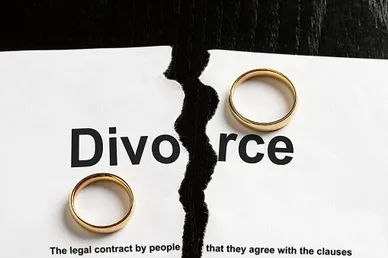Family Law
- Home
- »
- Family Law
How Can
We Help

Divorce

In Australia, there is no need to provide any reasons for divorce other than the relationship has broken down irretrievably. You need to be seperated for 12 months and even if you still live under the same roof you can still obtain a divorce provided you swear to the separation in your divorce application.
How long does it take?
When you lodge your application the court will advise the date of the hearing, usually within 2 – 3 months. The hearing is not long and you may not need to attend. If you file jointly or there are no children under 18 the divorce order becomes final in one month and one day from the date of the hearing, provided it is granted.
Parenting and Custody

Australian law focuses on the rights of children to have an ongoing relationship with both parents so that separating from your partner or spouse doesn’t mean that you are separating from your child or children.
Where do I start?
Firstly, get legal advice. At Kanoon Law, we will take you through all of the areas which need to be considered and document what you think is a fair approach to arrangements for your children. If your partner is agreeable, we can help you formalise the document without proceeding to costly court action.
If your differences are unable to be settled, then you will need to commence on the path to having parenting orders issued by the Family Court and Federal Circuit Court of Australia.
Recent changes to the Family Law Act 1975, mean that in most cases, you will need to attend family dispute resolution before applying for parenting orders, unless there is an urgency or risk of harm to a party or child.
If your case does end up in court, a legally binding decision will be made through a hearing where the Judge will decide what is in the child’s best interests.
Why use Kanoon Law ?
As lawyers with extensive experience in this process we can advise you in regard to the complexities of your specific situation, as well as guide you through what can be a stressful and confusing process. We can help take the heat out of a difficult emotional situation and negotiate on your behalf to obtain the best possible result for your children. And if it comes to court, we are deeply familiar with the court system and can use our experience to your advantage.


Property Settlement

As soon as you have separated you can make arrangements to split your property and debts between you and your ex partner, you do not have to wait until you are divorced.
If you have already agreed on how things should be divided between you, your lawyer can draw up the document which will finalise the arrangements and split and/or transfer the assets.
There is an established process in cases where there is disagreement over how property should be split. Firstly, the court needs to be satisfied that you have attempted to reach agreement, and to this end you will be ordered to participate in dispute resolution.
If this doesn’t resolve the matter then an application for property orders must be filed with the Family Court and Federal Circuit Court. This application must be made within 12 months of your divorce becoming final or for deacto matter within 2 years of the separation date.
The matter will be set down for hearing and a legally binding decision will be made by the court.
We can help
Dealing with the complexities of property settlement is stressful but the consequences of not doing it properly can impact the rest of your life. We are experienced in this area and are experienced negotiators. We are dedicated to ensuring that you get the best possible outcome.
